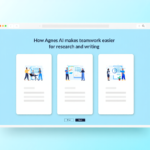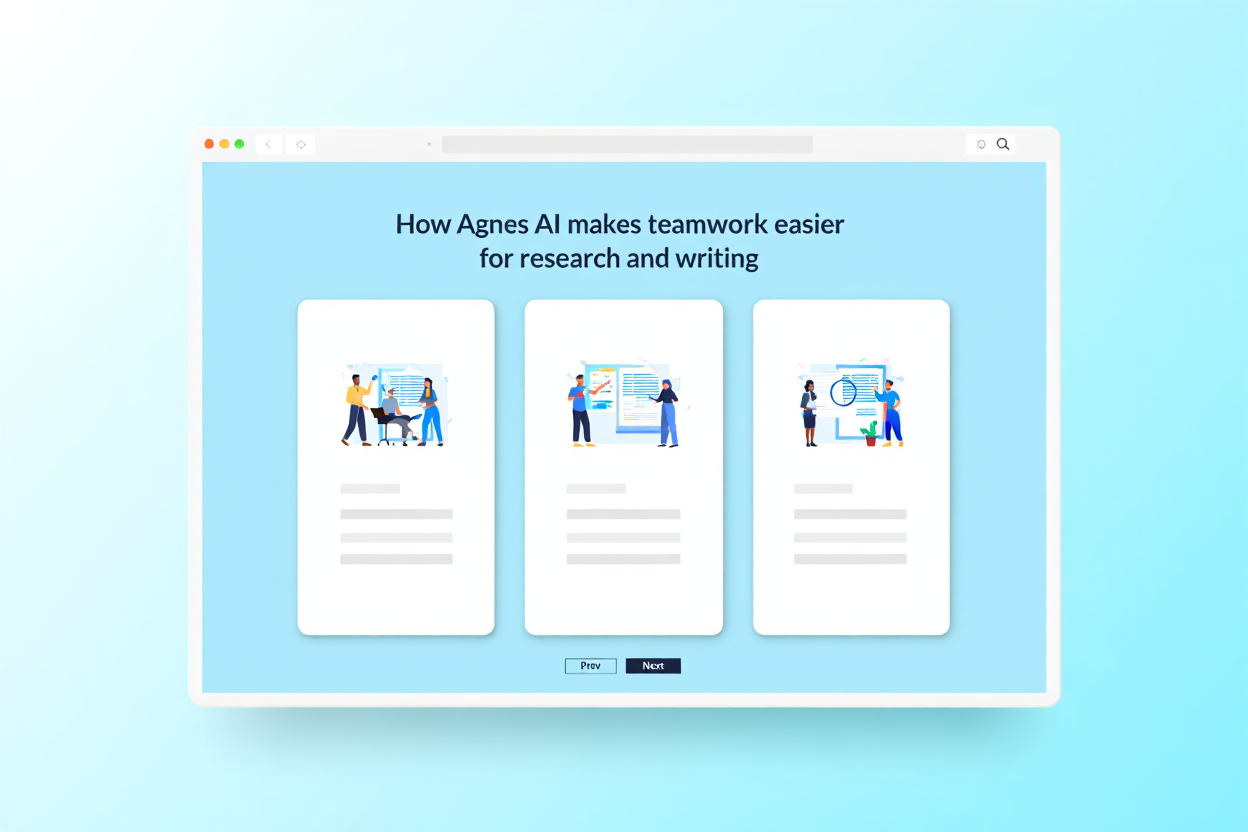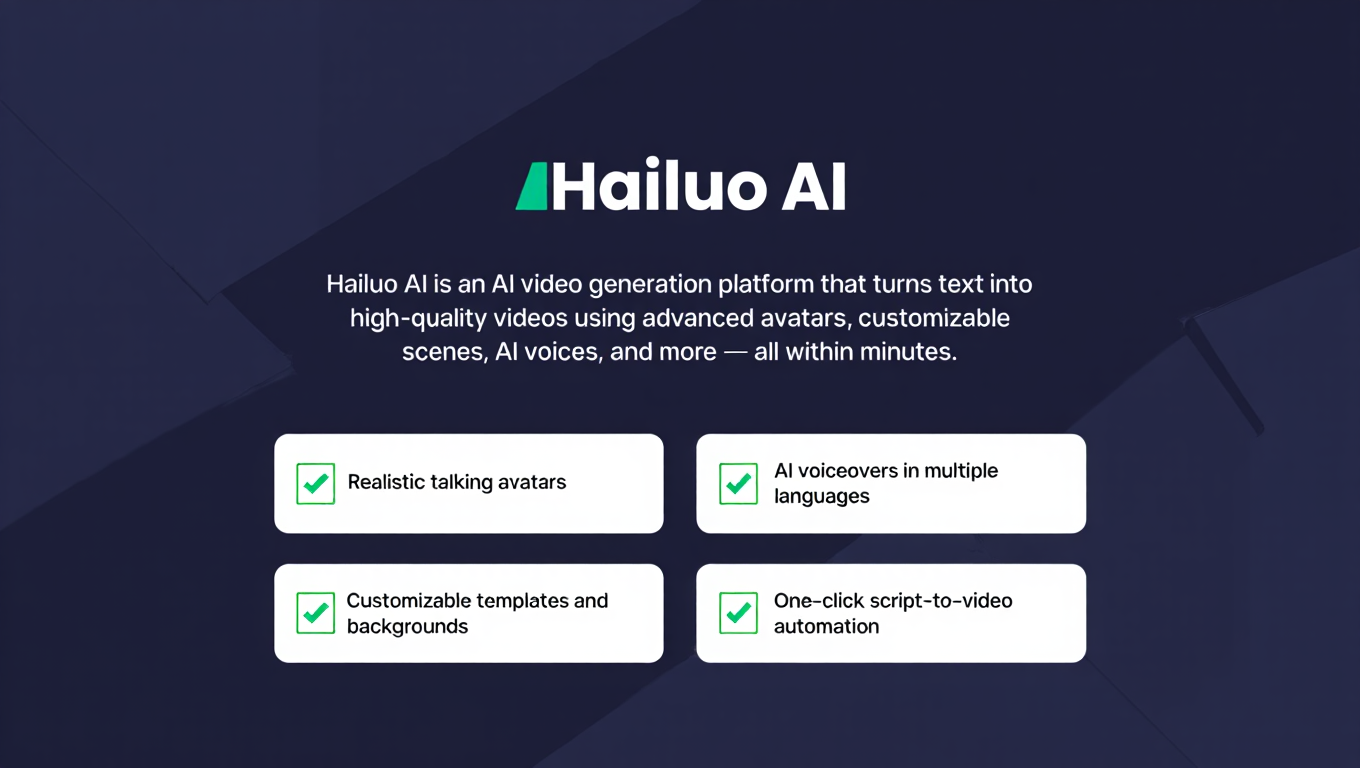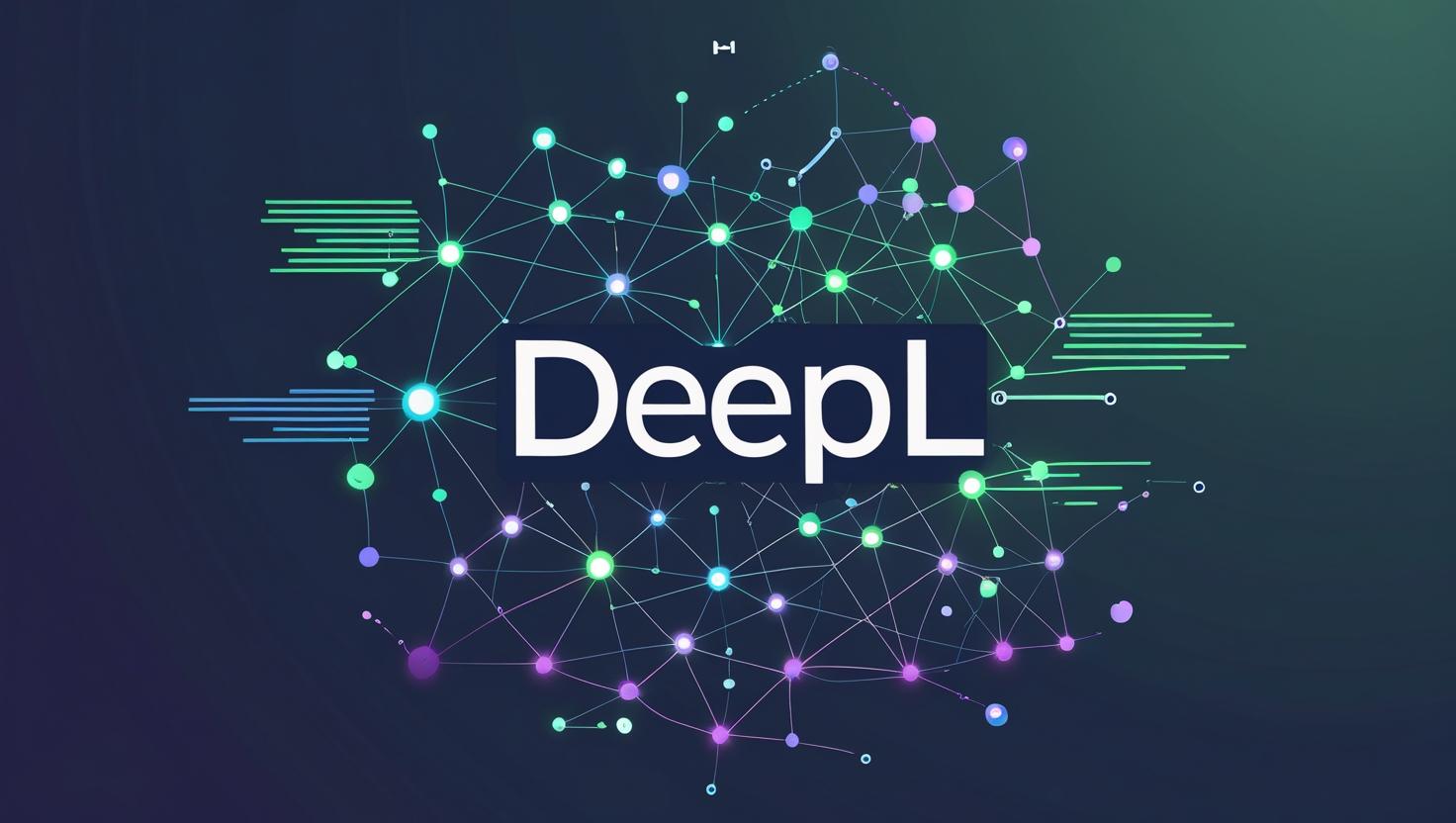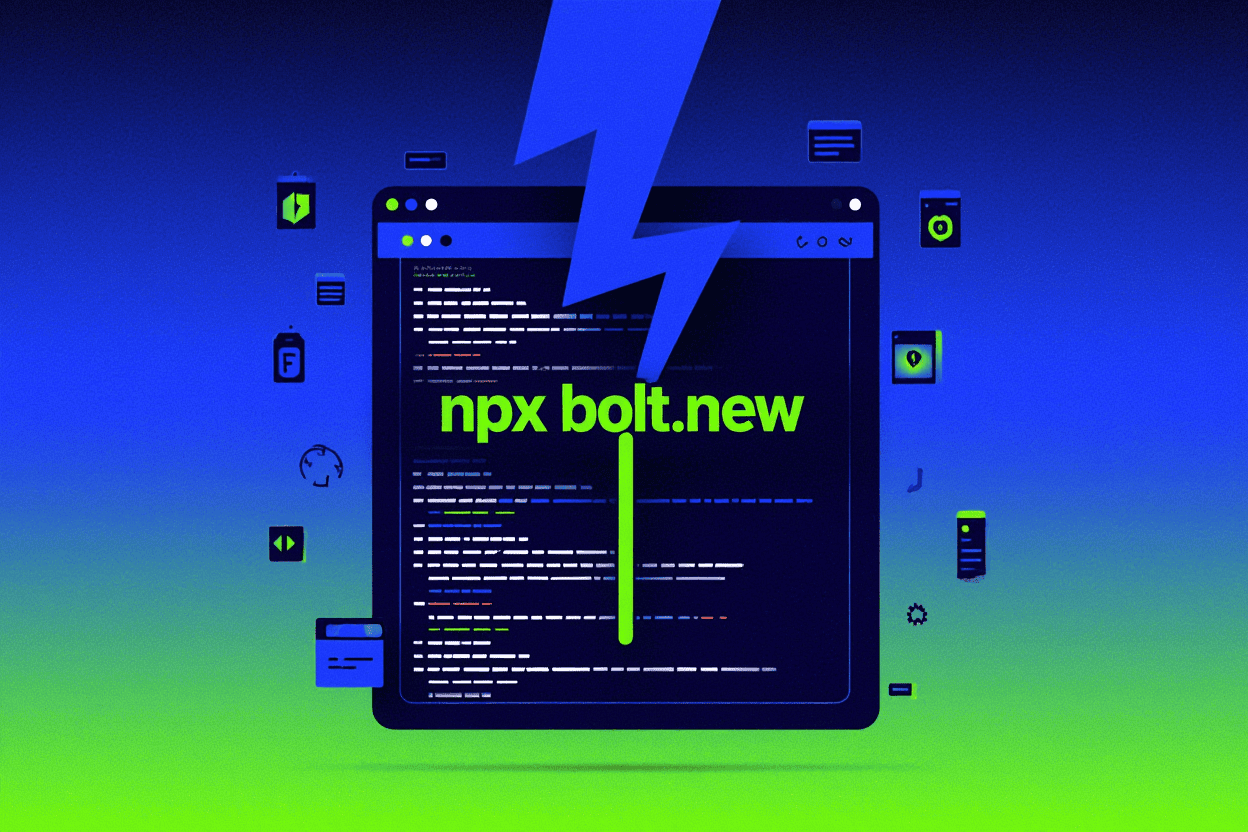China is making significant strides in the AI industry by launching multiple AI-powered chatbots and platforms to rival OpenAI’s ChatGPT. These AI portals, developed by leading Chinese tech companies, aim to reshape the AI landscape by offering advanced language models tailored for the Chinese market.
China’s AI Revolution
Since the release of ChatGPT, China has been actively developing its own AI-powered chatbots. Several top-tier technology firms, including Baidu, Alibaba, Tencent, iFlytek, and emerging AI startups, have introduced their versions of AI-driven large language models (LLMs). These AI portals cater to the linguistic and cultural needs of the Chinese audience, ensuring seamless integration into China’s digital ecosystem.
Top AI Chatbots in China
Here are some of the leading AI chatbots and portals that have been introduced in China:
- Ernie Bot (Baidu) – One of the most prominent AI chatbots, developed by Baidu, Ernie Bot is designed to handle complex queries, generate text, and provide conversational AI services.
- Tongyi Qianwen (Alibaba) – Alibaba’s AI chatbot, built with deep-learning capabilities, is designed to support business applications and streamline enterprise workflows.
- Hunyuan (Tencent) – Tencent’s AI model focuses on natural language understanding, translation, and personalized responses for various applications.
- SparkDesk (iFlytek) – iFlytek’s AI chatbot emphasizes voice interaction, making it a strong competitor in speech-based AI services.
- DeepSeek (DeepSeek AI) – DeepSeek is an advanced AI chatbot focused on deep reasoning and problem-solving, gaining popularity for its high accuracy and contextual understanding.
- Baichuan (Baichuan Intelligence) – Another major player in China’s AI space, Baichuan’s LLM specializes in multi-modal capabilities and enterprise AI solutions.
Why China’s AI Portals Matter
China’s AI chatbots are not just alternatives to ChatGPT but also serve strategic purposes:
- Regulatory Compliance: These models align with China’s AI governance policies and censorship regulations, ensuring they operate within the country’s legal framework.
- Language & Cultural Adaptation: Unlike Western AI models, China’s AI chatbots are trained on datasets specific to Chinese language nuances, idioms, and local references.
- Enterprise & Government Use: Many of these AI portals are optimized for business and government applications, offering AI-driven insights, automation, and digital transformation solutions.
The Future of AI in China
China’s rapid AI development is part of a broader national strategy to establish itself as a global leader in AI by 2030. With continuous advancements in AI research and development, Chinese companies are not only competing with ChatGPT but also setting new benchmarks in AI-driven innovation.
As AI technology evolves, China’s AI portals will play a crucial role in shaping the future of artificial intelligence, offering localized, powerful, and industry-specific solutions to a growing user base.
Stay tuned to www.smartaiblog.in for more updates on AI advancements worldwide!
